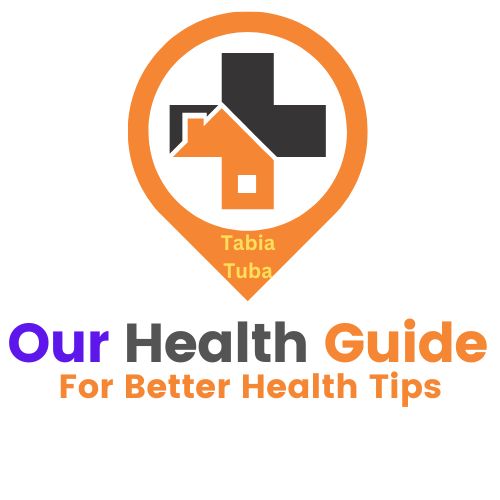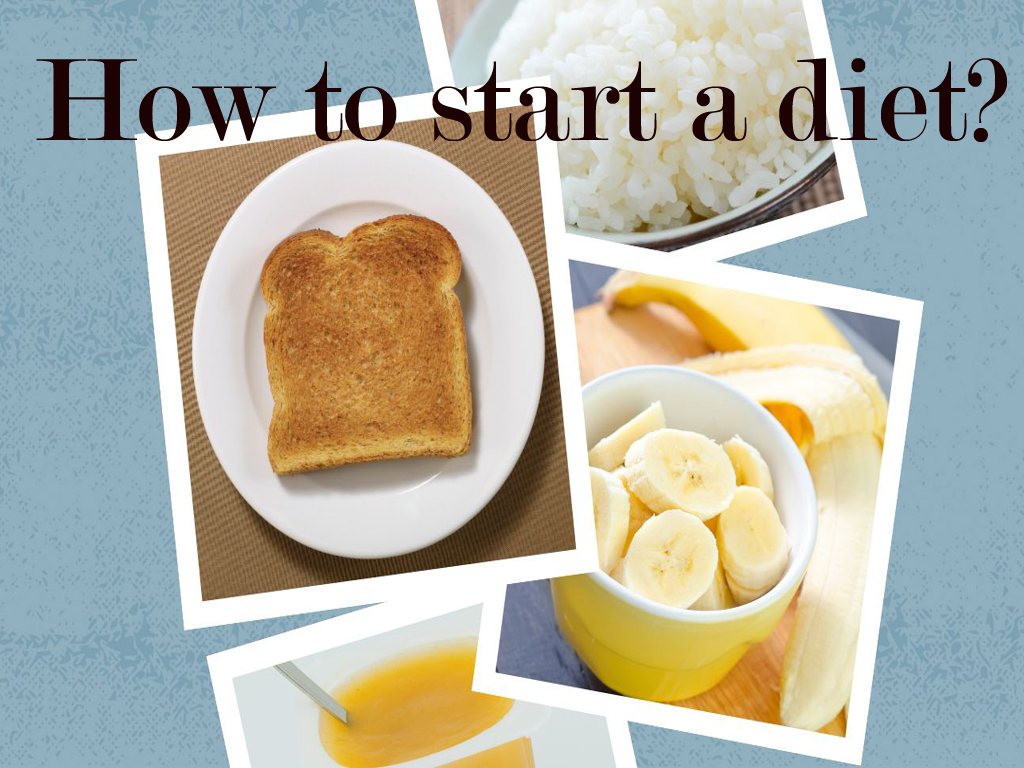You know you need to do it, but you don’t know where to start. Percent (%) Daily Values are based on a 2,000 calorie diet. Your daily values may be higher or lower depending on your calorie needs. Starting a diet can be a positive step toward better health and energy.
Why to start a diet?
- maintain a healthy weight
- prevent/manage a number of diseases (diabetes, heart disease, high blood pressure, cancer, etc.)
- improve gut health
- improve mood
- stronger bones and joints
- better memory
- more energy
- naturally smell better
- better sleep and more
How to start a diet?
-
Set Clear, Realistic Goals
- Short-term goals: These could be things like losing 5 pounds in the first month or reducing your sugar intake.
- Long-term goals: Think about your overall health goals, such as improving heart health, losing weight sustainably, or increasing energy levels.
- Ensure your goals are specific, measurable, achievable, and time-bound (SMART goals).
-
Understand Your Caloric Needs
- Calculate your Basal Metabolic Rate (BMR): This tells you how many calories your body needs at rest to maintain basic functions. You can use online calculators for this.
- To lose weight, you generally need to create a caloric deficit, which means consuming fewer calories than you burn. A common target is a deficit of 500-750 calories per day, which results in about 1-1.5 pounds of weight loss per week.
-
Assess Your Current Diet Plan:
- Keep a food diary for a week to understand your eating habits. Note what you eat, how much, and when.
- Low-carb, low-fat, or balanced: Select a diet plan that aligns with your preferences. Common options include:
- Mediterranean Diet: Emphasizes whole foods, healthy fats, and plant-based meals.
- DASH Diet: Focuses on reducing sodium and eating heart-healthy foods.
- Intermittent Fasting: Cycling between periods of eating and fasting.
- Whole Foods/Plant-Based: Emphasizes eating fruits, vegetables, whole grains, and plant proteins.
- Avoid extreme diets that are too restrictive, as they may be hard to stick with in the long term.
-
Plan Your Meals:
- Create a meal plan that includes a variety of healthy foods. Focus on whole grains, lean proteins, fruits, vegetables, and healthy fats.
- Meal prep: Planning meals and snacks ahead of time helps ensure that you stick to your dietary goals and avoid unhealthy temptations.
- Healthy snacks: Stock up on healthy snacks like fruits, nuts, yogurt, or veggies to curb hunger between meals.
- Balance: Aim for a balance of macronutrients: carbohydrates, proteins, and fats. This will keep you satisfied and energized.
-
Stay Hydrated:
- Drink plenty of water throughout the day. Aim for at least 8 glasses a day to stay hydrated and Hydration is important for digestion, metabolism and overall health. Drinking water before meals can also help control hunger.
-
Start Gradually:
- Make small, manageable changes rather than drastic ones. Replace unhealthy snacks with fruits or nuts, and gradually reduce portion sizes.
-
Learn to Read Labels:
- Understand nutritional labels to make healthier choices. Look for foods low in added sugars, saturated fats, and sodium.
8. Exercise Regularly
- Incorporate physical activity into your routine. It doesn’t have to be intense; even walking or yoga can support your diet goals.
- Aim for 150 minutes of moderate-intensity exercise or 75 minutes of vigorous-intensity exercise per week.
-
Find Support:
-
- Share your goals with friends, family, or join a support group. Having a support system can help keep you motivated.
- Consider working with a nutritionist or dietitian for personalized advice.
-
Be Mindful of Portions:
- Pay attention to portion sizes to avoid overeating. Use smaller plates and bowls to help control portions.
-
Monitor Your Progress:
- Regularly track your food intake, weight, and how you feel. Adjust your plan as needed to stay on track.
12. Be Patient and Flexible
- Progress takes time. It’s important to be consistent but not discouraged if results are slow.
- Allow flexibility in your diet. It’s okay to indulge once in a while, but the key is moderation and balance.
Remember, the best diet is one that fits your lifestyle and starting a diet is about making sustainable changes to your eating habits for long-term health benefits. Focus on making gradual, positive changes that you can maintain.

